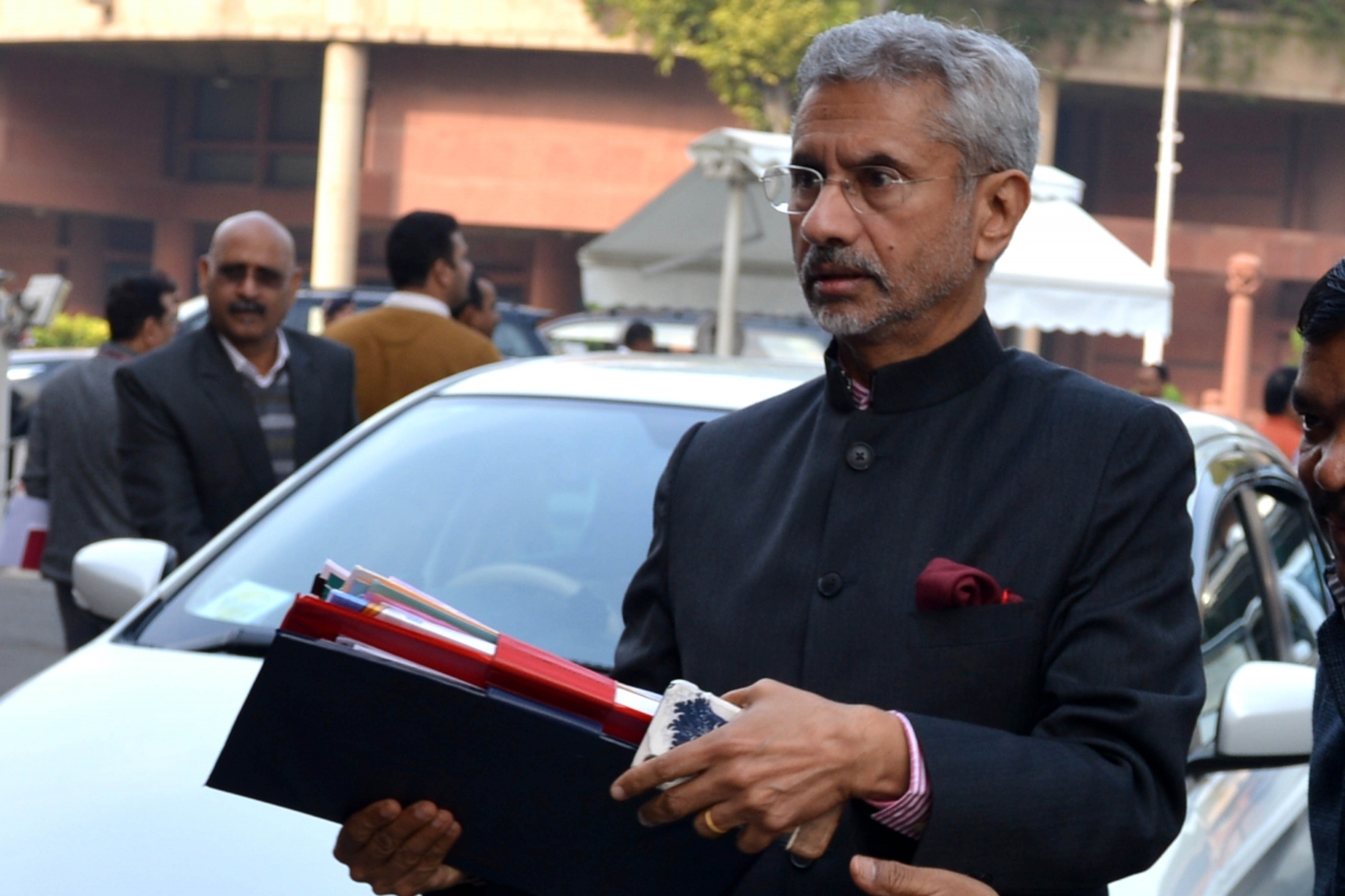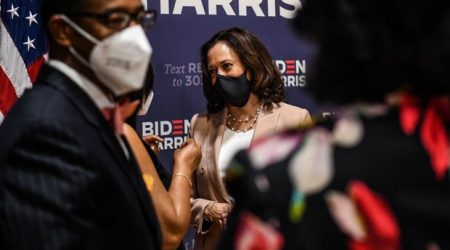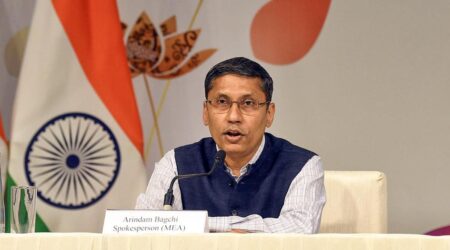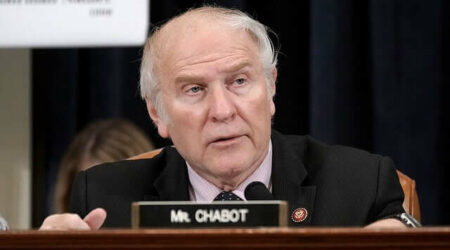New Delhi: Spelling out its priorities for the UNSC seat campaign, India said it can play a constructive role on the world stage by offering solutions to overcome global challenges.
Releasing India’s priorities for the two-year UNSC term that begins from January 2021, Minister of External Affairs S. Jaishankar said India will seek responsible and inclusive solutions; concrete and result-oriented action at the UNSC for an effective response to international terrorism.
A comprehensive approach to peace and security guided by dialogue, mutual respect and commitment to international law and technology with a human touch will also be among India’s priorities, Jaishankar said.
The minister highlighted that rise in terrorism continues to be the “most egregious” and India will strive to achieve a “concrete and result-oriented action at the security council for an effective response to international terrorism”.
He said India’s approach will be guided by five ‘S’s, as set out by Prime Minister Narendra Modi — Samman (Respect), Samvad (Dialogue), Sahyog (Cooperation), and Shanti (Peace), to create conditions for universal and Samriddhi (Prosperity).
India is the single endorsed candidate for the Asia-Pacific seat in the non-permanent member category.
The elections for five non-permanent members will be held by the UN General Assembly on 17 June, in which India is likely to be elected for the eighth time.
New Delhi’s candidature was unanimously endorsed in June last year by the 55 members of the Asia-Pacific grouping, including China and Pakistan.
Previously, India has been elected as a non-permanent member of the Council for the years 1950—1951, 1967—1968, 1972—1973, 1977—1978, 1984—1985, 1991—1992 and most recently in 2011—2012.
Each year the General Assembly elects five non-permanent members (out of 10 in total) for a two-year term.
The 10 non-permanent seats are distributed on a regional basis – five for African and Asian States; one for Eastern European States; two for the Latin American and Caribbean States; and two for Western European and other States.











